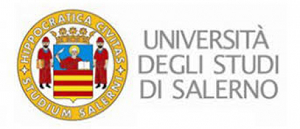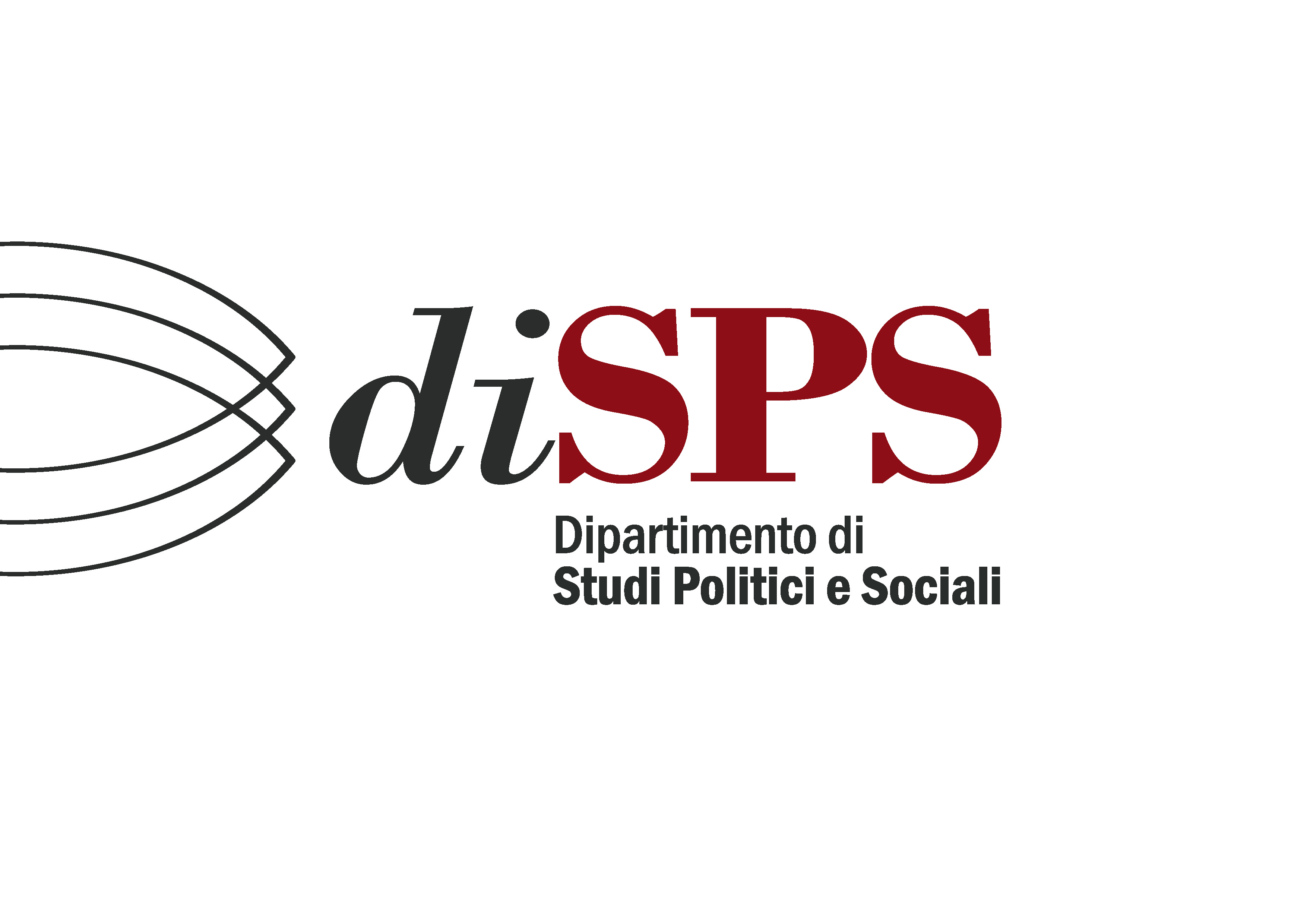Working Papers CSE Year 2020
Il ‘percorso speciale’ della Nuova Turchia: dalla corsa agli standard europei alle nuove ambizioni internazionali
Pietro Pasculli
Share
Abstract
Despite the last 18 years of single-coloured government led by AKP (Justice and Development Party), over the last five years Turkey seems to have redefined its political and strategic objectives. At first with its eyes turned to the West, Turkey is now a solitary power. The failure of the ceasefire with the Kurds in 2015 and the attempted coup in 2016, have launched a domestic propaganda on the need for a strong and autonomous state. Turkey no longer seems willing to subcontract its policy to the constraints of transatlantic institutions or to EU standards. A «New Turkey», as defined by President Recep Tayyip Erdoğan, able to cope with internal and external enemies, and with a strong leader who aims at restoring its lost international greatness and role. In this constantly evolving scenario, this contribution is therefore intended to look through the fundamental stages of this special path, and with its possible future scenarios.
Keywords: European standards; Sonderweg; New Turkey.
Doi: 10.14273/unisa-3031
Full Text: pdf
References
A.Z. (2013, marzo 21). Turkey and the PKK – The guns should fall silent, politics should talk. Tratto il giorno ottobre 9, 2020 da The Economist: https://www.economist.com/.
Ahval. (2019, novembre 19). Jailed Kurdish politician Demirtaş: ‘We continue our struggle together with all opposition’. Tratto il giorno ottobre 15, 2020 da Ahval: https://ahvalnews.com/.
Aydıntaşbaş, A. (2020a, aprile 2). TheTurkish Sonderweg: The New Turkey’s role in the global order. Tratto il giorno ottobre 15, 2020 da European Council on Foreign Relations: https://www.ecfr.eu/
Aydıntaşbaş, A. (2020b, 12). The turkish Sonderweg: Erdogan’s new Turkey and its role in the global order. Istanbul Policy Center , febbraio, pp. 3-15.
C.O.I. (2016, 12). Turkey: HDP (Peoples’ Democratic Party). Home Office , Londra, marzo 2016, pp. 4-28.
Cook, L. (2020, luglio 5). France-Turkey spat over Libya arms exposes NATO’s limits. Tratto il giorno ottobre 17, 2020 da Associated Press AP: https://apnews.com/.
Cook, S.A. (2016, luglio 19). Turkey Update: Erdogan’s Outlook and the Consequences of the Failed Coup. Tratto il giorno ottobre 16, 2020 da Council on Foreign Relations: https://www.cfr.org/.
Cupolo, D. (2020, luglio 7). Rising EU-Turkey tensions take center stage with Borrell visit to Ankara. Tratto il giorno ottobre 17, 2020 da al-Monitor: https://www.al-monitor.com/.
deGrandpre, S. e Snow, S. (2017, maggio 14). In Turkey, new demands to evict US forces from Incirlik Air Base. Tratto il giorno ottobre 16, 2020 da Military Times: https://www.militarytimes.com.
Demirtas, S. (2019, febbraio 19). I’m in prison. But my party still scored big in Turkey’s elections. Tratto il giorno ottobre 10, 2020 da The Washington Post: https://www.washingtonpost.com.
Ensor, J. (2017, giugno 26). Turkey’s Erdogan calls for review of Nato over US arming of Kurds fighting Isil in Syria. Tratto il giorno ottobre 15, 2020 da The Telegraph: https://www.telegraph.co.uk/.
Erdoğan, R. T. (2014, agosto 27). Twitter. Tratto il giorno ottobre 4, 2020 da Twitter: https://twitter.com/rterdogan/status/504568554835156992.
Esen, B. e Gumuscu, S. (2017). Turkey: how the coup failed. Journal of Democracy , Vol. 28, No. 1, gennaio, pp. 59-73.
Euronews (2020, settembre 10). Macron: Europe must have a ‘more united and clear voice’ with Turkey. Tratto il giorno ottobre 18, 2020 da Euronews: https://www.euronews.com/.
European Commission (2005, ottobre 3). Negotiating Framework – Principles governing the negotiations. Tratto il giorno ottobre 11, 2020 da https://ec.europa.eu/.
European Parliament (2019, ottobre 23). Debate: MEPs call for measures against Turkey following military operation in Syria. Tratto il giorno ottobre 17, 2020 da News European Parliament: https://www.europarl.europa.eu/.
European Parliament (2016, novembre 24). EU-Turkey relations – Resolution (2016/2993(RSP)). Tratto il giorno ottobre 10, 2020 da European Parliament: https://www.europarl.europa.eu/.
European Parliament (2015, marzo 26). Inclusion of Kurdistan Workers’ Party (ΡΚΚ) on the list of terrorist organisations. Tratto il giorno ottobre 8, 2020 da European Parliament: https://www.europarl.europa.eu/.
European Parliament (2020, marzo 11). MEPs call for de-escalation of migration situation with Turkey. Tratto il giorno ottobre 17, 2020 da News Eurpean Parliament: https://www.europarl.europa.eu/.
Giannotta, V. (2019). Sviluppo delle relazioni italo-turche nell’attuale contesto economico internazionale. Osservatorio Turchia – CeSPI , pp. 1-4.
Godskesen, I. e Mikko, M. (2017). The functioning of democratic institutions in Turkey. Committee on the Honouring of Obligations and Commitments by Member States of the Council of Europe (Monitoring Committee).
Grigoriadis, I. (2010). The Davutoğlu Doctrine and Turkish Foreign Policy. Hellenic Foundation for European and Foreign Policy (ELIAMEP) , Working Paper Nr 8/2010, pp. 3-11.
Groppi, T. (2017). Turchia 2017: l’attacco allo stato di diritto e il fallimento della condizionalità europea. Osservatorio Costituzionale AIC , Fasc. 1, pp. 1-23.
Gurcan, M. (2017, novembre 20). Russia’s winning the war for Turkish public’s trust. Tratto il giorno ottobre 16, 2020 da al-Monitor: https://www.al-monitor.com/.
Human Right Watch (2010, novembre 1). Protesting as a Terrorist Offense: the Arbitrary Use of Terrorism Laws to Prosecute and Incarcerate Demonstrators in Turkey. Tratto il giorno ottobre 04, 2020 da Human Rights Watch: https://www.hrw.org/.
Hurriyet Daily News (2017, maggio 2). Turkey’s EU dream is over for now, top EU official says. Tratto il giorno ottobre 7, 2020 da Hurriyet Daily News: https://www.hurriyetdailynews.com.
Koontz, K. (2020, 12). Turkey’s Parliamentary Purge and the HDP’s Dilemma. Middle East Institute , Policy Paper 2020 – 03, pp. 2–17.
Kucukgocmen, A. e Coskun, O. (2019, aprile 5). Losing its luster – how Erdogan party’s campaign put off Istanbul voters. Tratto il giorno ottobre 13, 2020 da Reuters: https://www.reuters.com/article/us-turkey-election.
Letsch, C. (2013, dicembre 17). Turkish ministers’ sons arrested in corruption and bribery investigation. Tratto il giorno ottobre 5, 2020 da The Guardian: https://www.theguardian.com/.
MacDonald, A. (2015, ottobre 30). Security concerns overshadow buildup to Turkish vote. Tratto il giorno ottobre 9, 2020 da Middle East Eye: https://www.middleeasteye.net/.
Muiznieks, N. (2013, novembre 26). Report following the visit to Turkey from 1 to 5 July 2013. Tratto il giorno ottobre 5, 2020 da Commissioner for Human Right – Council of Europe: https://rm.coe.int/.
Örücü, E. (2004). Seven Packages towards Harmonisation with the European Union. European Public Law , Vol. 10, No. 4, pp. 603-621.
Parliamentary Assembly (2016, giugno 22). The functioning of democratic institutions in Turkey – Resolution 2121. Tratto il giorno ottobre 8, 2020 da Parliamentary Assembly: https://assembly.coe.int/.
Perilli, L. (2013, 2). Lo stato di diritto, l’indipendenza della magistratura e la protezione dei diritti fondamentali: la tragica deriva della Turchia dal 2013. Scuola superiore della magistratura , pp. 1-49.
Saidel, N. e Finkelstein, C. (2018). Turkey’s Eastern Pivot: A Challenge for NATO and a Threat to US National Security. Center for Ethics and the Rule of Law , gennaio, pp. 2-16.
Scotti, V.R. (2014). Il costituzionalismo in Turchia fra identità nazionale e circolazione dei modelli. Santarcangelo di Romagna: Maggioli Editore.
Venice Commission (2016). Opinion on emergency decrees laws nos. 667-676 adopted following the failed coup of 15 July 2016. Strasburgo, 12 dicembre: European Commission for democracy through law.
Venice Commission (2017). Opinion on the Amendments to the constitution adopted by the Grand National Assembly on 21 January 2017 and to be submitted to a national referendum on 16 April 2017. Strasburgo, 13 marzo: Council of Europe.
Venice Commission (2017). Opinion on the Measures provided in the recent Emergency Decree Laws with respect to Freedom of the Media. Strasburgo, 13 marzo: Council of Europe.
World Press Freedom index. (2016). Tratto il giorno ottobre 6, 2020 da RSF: https://rsf.org/.


